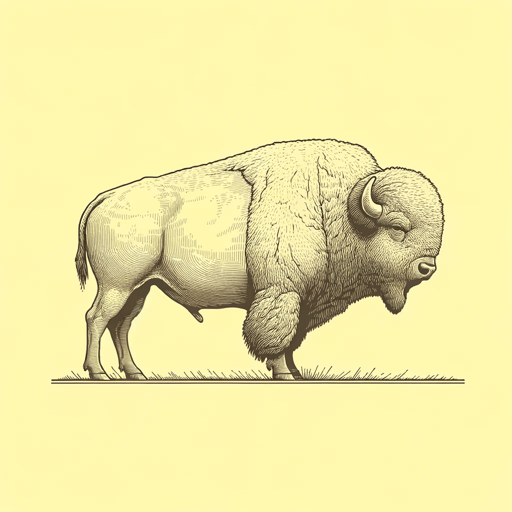42 pages • 1 hour read
David MametGlengarry Glen Ross
Fiction | Play | Adult | Published in 1983A modern alternative to SparkNotes and CliffsNotes, SuperSummary offers high-quality Study Guides with detailed chapter summaries and analysis of major themes, characters, and more.
Themes
Toxic Masculinity and the Competition for Dominance
A central concern of Glengarry Glen Ross—as with many of David Mamet’s plays—is the meaning of masculinity in the context of competitive capitalism. In this case, not only are there no female characters, but there are very few references to women at all. The play takes place in an almost entirely male world, and the camaraderie between these men is laced with hostility—poisoned by an economic arrangement in which each man can succeed only when the others fail.
In the first act, Mamet presents three dialogues in which masculinity isn’t explicitly mentioned but is clearly at stake. These scenes show that the act of selling is something much more significant to each of the men than simply a way to make a living. Levene offers a sizeable chunk of his commissions to Williamson in exchange for some good leads, suggesting that selling isn’t just about making money. Moss tries to convince Aaronow to be his accomplice in a robbery, the reward for which will be some money and another sales job, showing that the job isn’t about being a respected member of society. Roma, the only character in the first act who is actually engaged in selling real estate, demonstrates the reason the others are clamoring to sell: In the play, selling is an expression of masculinity.
Related Titles
By David Mamet




